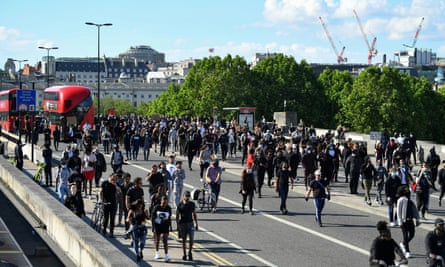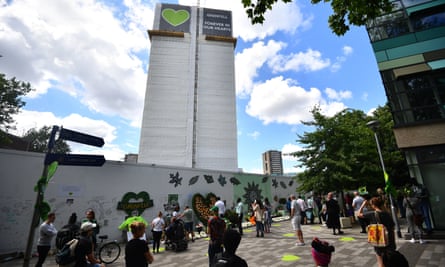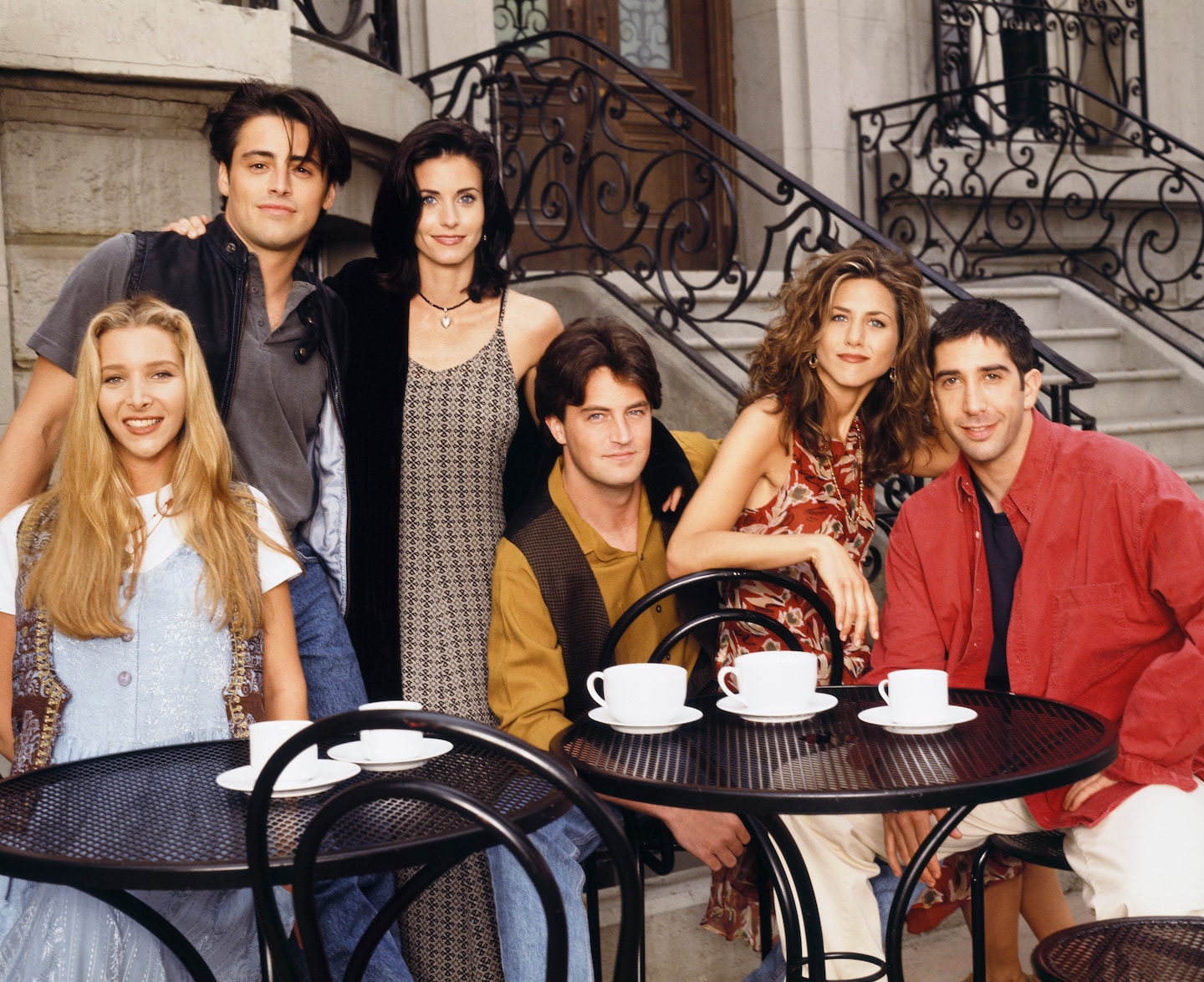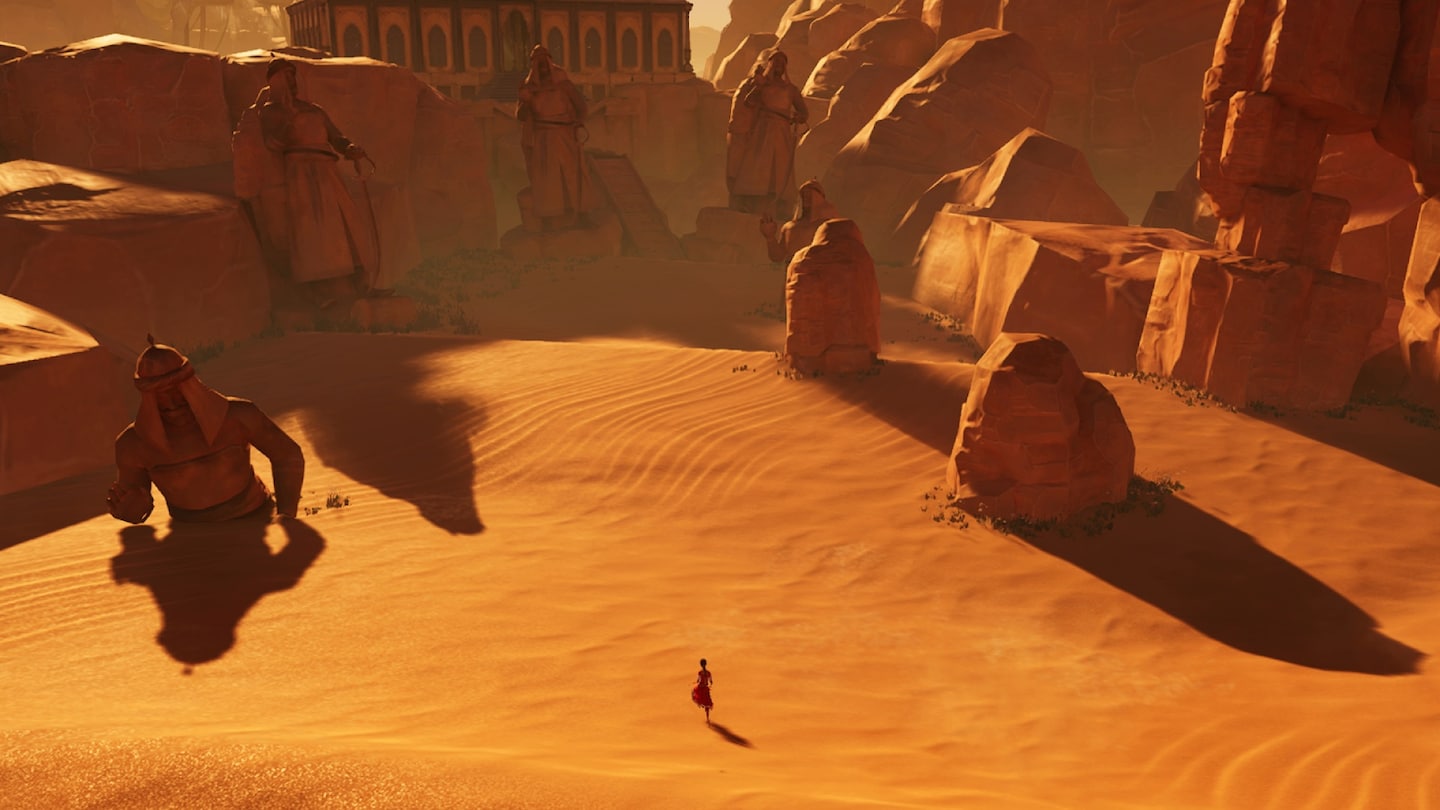Black Lives Matter, grandma and me: how our world changed during lockdown | Books
It is Saturday 13 June 2020 and the world is on fire. I’m sitting with my grandma, Esther, in her living room in south London for the first time in three months. She’s reclining in her favourite chair, occasionally sitting up to gesticulate at the TV and pepper the air with comments as we watch the 24-hour newsreel. The scene is achingly familiar; we have sat together in this way, usually with my mum, every year since my grandma was the first person to hold me in her arms in the wake of my arrival into this world, in November 1992. Yet, even while this moment is comforting in its familiarity, there is also something wholly unprecedented about the afternoon, as we watch the images flicker before our eyes.
From her living room, we’re seeing history unfold. We are bearing witness to the protests that are part of the war for black life on the streets of London, Minneapolis, Atlanta, Paris and each and every space marked by the constellations of black existence. We can’t be out on the streets ourselves because, at 84, my grandma is particularly vulnerable to Covid-19. Yet even as we’re shut away from the action, the revolution has still found its way into her home. We cheer on all those who, against the background of a global health crisis – the perils of which have extended the long shadow of death always hanging over black life – have risen up.
As we huddle together, we also know that our being here with each other is its own history. Just last week, it seemed inconceivable that we’d be able to gather in this way as the pandemic continued to wreak havoc. Yet, as monuments to white supremacy are toppled and the insurrection of black liberation continues, I realise that with every passing minute I sit with her, the impossible is becoming possible.
•••
It was a reunion as beautiful as it was bittersweet. Earlier in the week, the lockdown measures had been updated: people who lived on their own could now stay overnight with another household, a move that was intended to curb the loneliness that has become even more endemic within British society over the past three months. While Covid-19 has exacerbated social isolation, the solitude so many are experiencing cannot be divorced from 10 years of austerity. What we are living and dying through now is a crisis within a crisis.

After 12 weeks of separation from her loved ones, my grandma felt this melancholy keenly. She’d turned 84 just before lockdown began and we had often spoken about death and what hers would mean. When I was 21, I spent a whole summer sitting at her feet as she described the significance of Ga and Akan funeral rites to me; indigenous wisdom that has transformed over centuries, pre-dating the existence of the country we now call Ghana, her homeland. Night after night, we’d sit side by side in a form of ministry, as she taught me about the many registers of mourning: what it meant to care for our dead, what it meant to love those who are no longer with us. Like so many black women, my grandma has known what it means to live in a world that is always on fire; to live life in the closest reaches of the everyday violence of a social order founded on her subjugation. Death has always sat in the room with us.
At the beginning of March, she’d returned from a three-month stay in Ghana. It was a trip that began in celebration and ended in loss. As her time back home drew to a close, she said her last goodbye to her dearest sister, my Aunty Cathy. My great-aunt had been diagnosed with an aggressive form of stomach cancer at the age of 67. By the time it was discovered that the cancer was terminal, it was too late. We will never know if an earlier diagnosis could have prevented her from missing the birth of her granddaughter. What we do know is, like the deaths of so many black people, it should have never happened.
When my mum and I sat with my grandma in London on her birthday, my great-aunt hadn’t yet passed, but we were dreading the call we knew was to come. We toasted her and poured out libations, a ritual that bound us to her home-going even as an ocean kept us apart. Our comfort was fleeting. My great-aunt died a week later and was denied her full funeral rites, as socially distanced burials replaced the customary mass gatherings that tied the living and the dead together each weekend on every corner of Accra.
It was almost as if there was no time to grieve our loss before we were thrown into the cyclone of Covid-19. I didn’t know then that just 10 days after we celebrated her birthday, simply hugging my grandma would become an impossibility. It would be 102 days before I saw her again.
•••
It felt as if we’d lived a hundred different lifetimes in the weeks we spent separated from each other. As lockdown took shape, I constantly thought of her, alone in her flat with only the hum of the news for company. I became preoccupied by what this indefinite period of isolation might mean for a woman whose joy was derived from being surrounded by all those she held dearest; a woman who, since the 1960s, often welcomed in friends and strangers alike from our Ghanaian community, those who had made the journey across the ocean and needed a place to stay. The word “extended family” has never existed in her vocabulary; kinship was something that was always expanding as we imagined new ways to care for each other. Her home enveloped us all in something that felt like safety even as we faced daily fear in a nation that through the longue durée of slavery, the aftermath of empire, the technologies of state surveillance and the everyday criminalisation of black life, has endeavoured to render us kinless.
After a beat of silence, she revealed her greatest fear. ‘If I become ill,’ she said, ‘I will not make it out of hospital’
The anguish my grandma was trying to keep at bay emerged on a random afternoon in May. We were trading jokes over the phone as usual and suddenly, she mentioned the reality that had loomed over us for weeks: black people were dying of Covid-19 at four times the rate of white people in Britain. After a beat of silence, she revealed her greatest fear. “If I become ill,” she said, “I will not make it out of hospital.” The words settled between us. What she would say next will haunt me forever. “When they decide who will be given a ventilator and who will live,” she asserted, “the doctors look at the quality of life. What is the quality of life of an old black lady?”
•••
As my grandma gave voice to her despair about how black women’s lives are made expendable by the state, she was speaking both to the present moment and to a history that is not yet history. She herself had spent 36 years working as a night sister in the NHS. She spoke with the certainty of someone whose life has been positioned at the frontline of caring for others within a National Health Service that has never afforded her the same care. She perceived that if she became ill during a global pandemic, if doctors were to decide whose life was worth saving, her 84 years on this earth as a black woman would count against her.
My grandma came to London in January 1959. She was one of the thousands of black migrants who made the journey by boat from Africa and the Caribbean in the 50s after being recruited by the British government to form a critical part of the postwar labour market. As the empire reached its formal conclusion, its aftermath was characterised by an extension of colonial domination; black people from the emergent Commonwealth were fleeing the conditions of dispossession in their homelands that had shaped their limited life choices. On her arrival in London, it quickly became clear to my grandma that life at the heart of the old empire was not the freedom dream she’d been promised.
During her first years working in the NHS she was placed in close proximity to danger and death as the hierarchy that structures British society was mirrored within hospital wards. “Black nurses were kept at the sluice, cleaning bed pans and sputum mugs,” she says. Across industries, black women workers were called on to fulfil the roles and tasks that white women were typically protected from. Exploited labour and stolen opportunities defined the terms on which black women health workers like my grandma were permitted to earn a subsistence living – as their own health and wellbeing was forfeit to the demands of caring for a nation that would never care for them. “Black nurses,” she tells me emphatically, “were made to go where the disease is.”
Sixty years on from my grandma’s early experiences working in London hospitals, her life is still subject to the scale of social value that determines who lives and who dies. Black female nurses, transport workers, service workers and cleaners have all been positioned as first-line responders to the pandemic. Their lives have been placed on the line every single day, serving the interests of a state that often positions them as being unworthy of protection and undeserving of care. It is structural division of labour that is gratuitous in its violence.

I think too of Mary Agyeiwaa Agyapong. A heavily pregnant nurse, she was worried about being exposed to the threat of the virus, but felt she “could not ask to stop working”. She became ill with Covid-19 a few weeks after her father died from the virus and passed away a few days after giving birth via emergency caesarean section. She is survived by her husband and newborn daughter, Mary.
Black women in Britain reside outside the imagined boundaries of the nation even as we’re commanded to hold it together. Black women have spent a lifetime being made to go where the disease is.
•••
One hundred and two days spent away from each other finally come to an end when we meet again in my grandma’s living room on 13June. We embrace and pause to look at each other. Everything has changed and everything is still the same.
After we’ve settle into our seats, she sits up and asks me to braid her hair. It is a request that is so simple and so profound. My grandma has often tended to my own hair, nurturing it back to health after damaging hairstyles left it weak. On her own for the past three months, she has been unable to get her hair done, unable to receive the same care she so generously gives out. When she asks me to take her hair into my hands, what she is asking for is to be nurtured. To have a companion here in the flesh after months of solitude. We both know I can barely braid my own hair, let alone anyone else’s, but I struggle through it for her.
As I take the strands between my fingers, my attention returns to the scenes unfolding on the streets of London. I will always remember what it felt like to listen to the percussion of black rebellion resound through my grandma’s TV speakers; to be soothed and enraged at the same time.
The following day, 14 June, will be the third anniversary of the Grenfell disaster. I will watch a video of Khadija Saye, the 24-year-old artist who was killed alongside her mother, Mary Mendy, in the blaze. She was a photographer whose art was shaped around exploring the entanglement of her British-Gambian heritage, unweaving the intricate layers of what it means to be black and woman and working-class in diaspora. Just weeks before, she had spoken of her joy at seeing her art displayed at the 2017 Venice Biennale, her happiness at witnessing everything she had been dreaming of coming to life. I will also think of the names that will remain less well known; all those who were lost to the fire and are mourned by their loved ones; all those whose lives inspire the many who continue to fight against a state that makes such losses normal or routine.
It is on this anniversary that I will learn of the killing of Rayshard Brooks two days earlier in Atlanta, the city awash in flames overnight as we slept in London. Over in Brooklyn, a parade in celebration and defence of black trans lives will emerge. A wide river of people all dressed in white will course down the streets, giving life to the stolen dreams and futures of Layleen Polanco, Tony McDade, Rem’mie Mills, Riah Milton and the many black trans people lost to the violence of anti-black racism and transphobia. The chant for black trans liberation refuses to be quietened; the movement overflows the limits of the world that seeks to foreclose it.
The day after, I will read Oluwatoyin Salau’s last words, on Twitter, which detail her sexual assault by an older man, and her search for shelter and sanctuary in the midst of ongoing housing insecurity in Tallahassee, Florida. Known as Toyin, she was a 19-year-old activist who fought for the black living and the black dead. In her tweet, she identifies her abuser while also indicting the structural violence that conditions such abuse. “I will not be silent,” she proclaims, a final act of defiance that demands that we see her and we see ourselves. As news of her death travels across social media, I will grieve for the girl I never knew.
For now, on this Saturday afternoon in the middle of catastrophe, my grandma and I are here together. As the day melts into dusk, we know goodbye is fast approaching and that this moment must end too. I braid her hair; the plaits are far from perfect, but for now, it is enough; we are sustained by each other. I take a deep breath and dwell in the fleeting stillness. I love and am loved.
• Jade Bentil’s Rebel Citizen: A History of Black Women Living, Loving and Resisting will be published by Allen Lane in 2022.
Shared From Source link Entertainment


